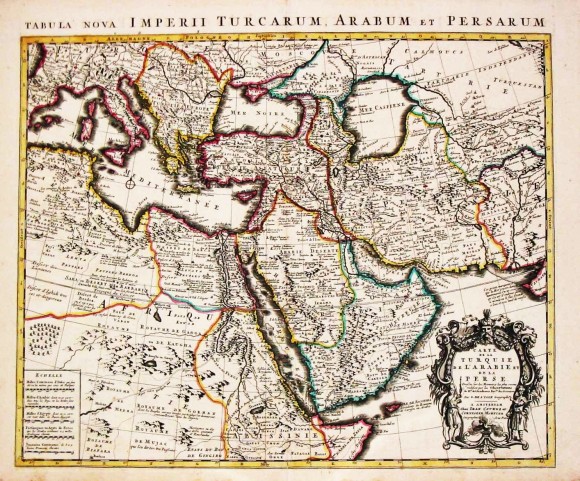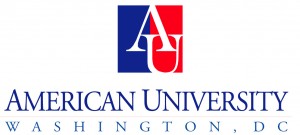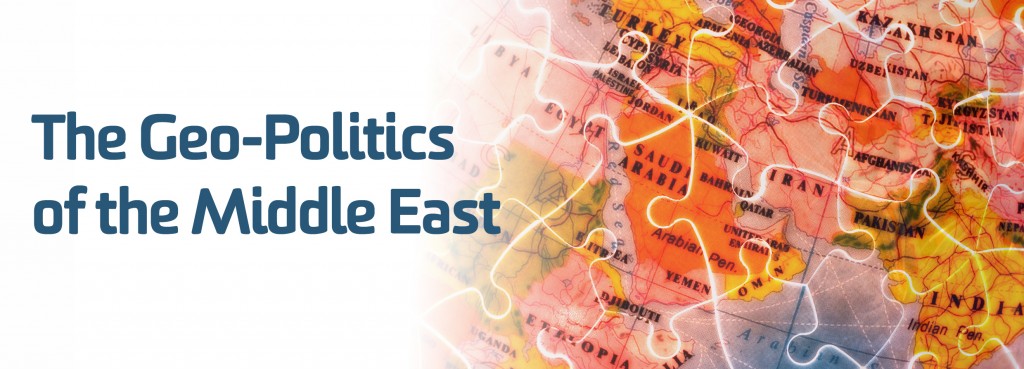Sir William Luce Fellowship
Durham University
The Sir William Luce Memorial Fund welcomes applications for the position of Sir William Luce Fellow which will commence in April 2017.
The Sir William Luce Memorial Fund was established to commemorate the long and distinguished career of Sir William Luce GBE, KCMG, DL (1907-77) in the Middle East during the era of the transfer of power.
The Fellowship is awarded annually to a scholar at post-doctoral level, diplomat, politician, or business executive, working on those parts of the Middle East to which Sir William Luce devoted his working life (Iran, the Gulf states, South Arabia and Sudan), and is hosted by Durham University during Easter term (24 April – 23 June 2017). The Fund may give some preference to proposals linked to the University’s Sudan Archive. The Fellowship, tenable jointly in the Institute for Middle Eastern & Islamic Studies and Trevelyan College, will entitle the holder to full access to departmental and other University facilities such as the University Library, including the Sudan Archive, and Computing and Information Services. It also carries a grant, accommodation and all meals for the duration of the Fellowship. The Fellow is expected to deliver a lecture on the subject of his or her research which will be designated ‘/The Sir William Luce Lecture’/, and should be cast in such a way as to form the basis of a paper to be published in a special edition of the Durham Middle East Papers series.
Applicants should send a CV, an outline of their proposed research and contact details for two referees, preferably by e-mail, by Thursday, October 6th to:
The Secretary
Sir William Luce Memorial Fund
Durham University Library
Palace Green
Durham DH1 3RN
United Kingdom
E-mail: luce.fund@durham.ac.uk
For further information about the Luce Fund, please click here.


